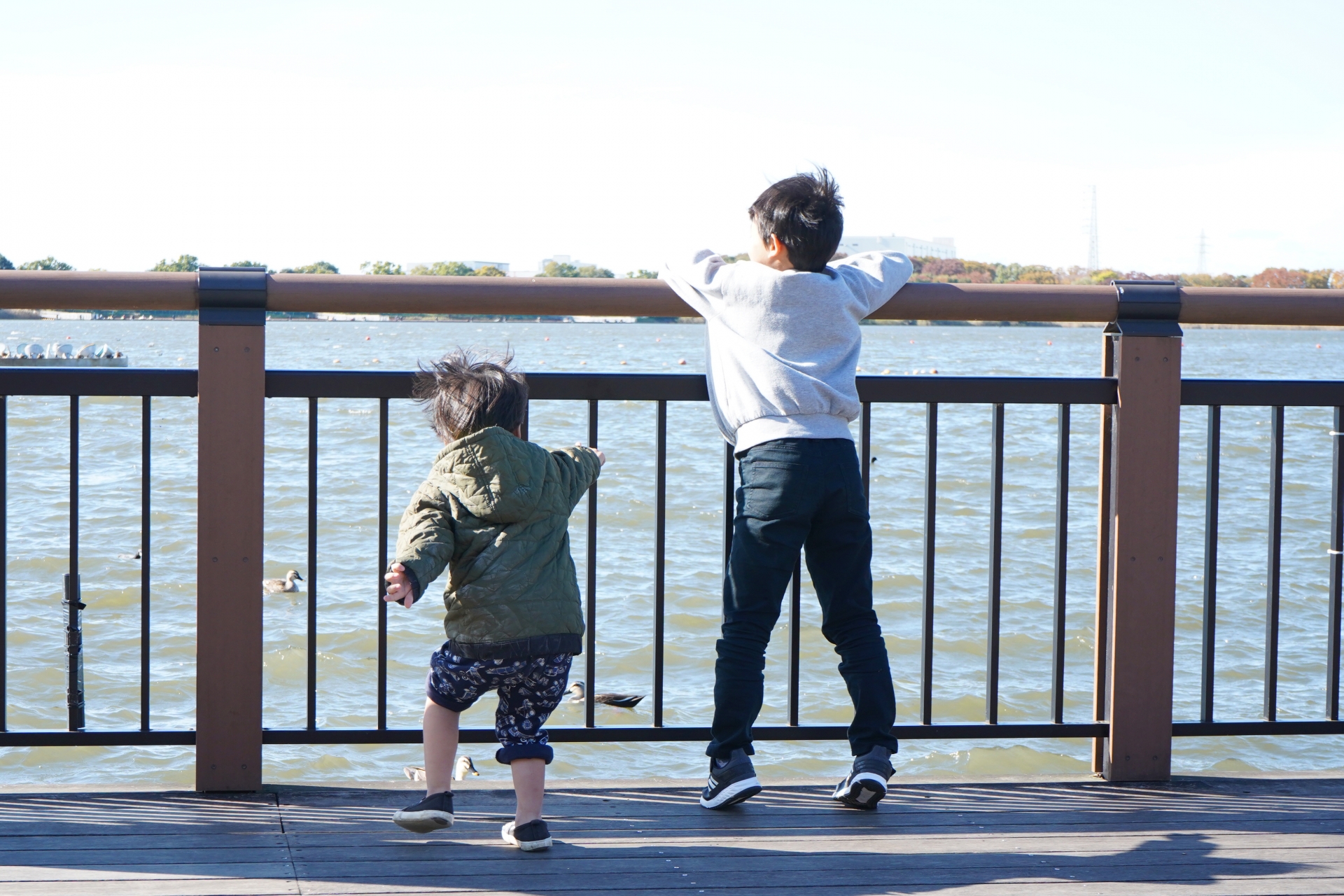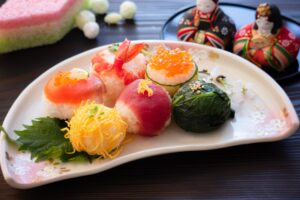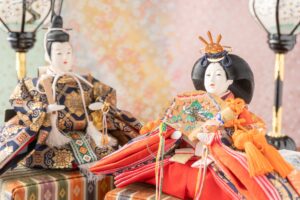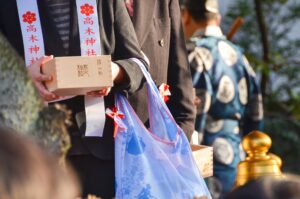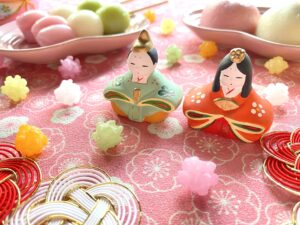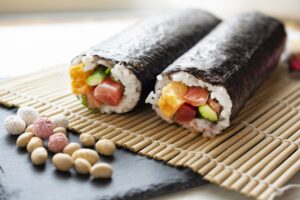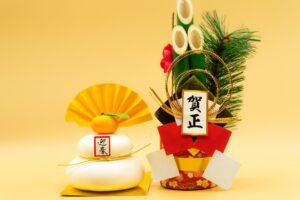In Japanese, the term “onii-chan” (お兄ちゃん) is an affectionate way to refer to an older brother. While rooted in family relationships, its frequent use in anime and popular media has made it a beloved term among fans. This article delves into its meaning, cultural significance, and how “onii-chan” has transcended into internet meme culture.
What does “Onii-chan” mean in Japanese culture?
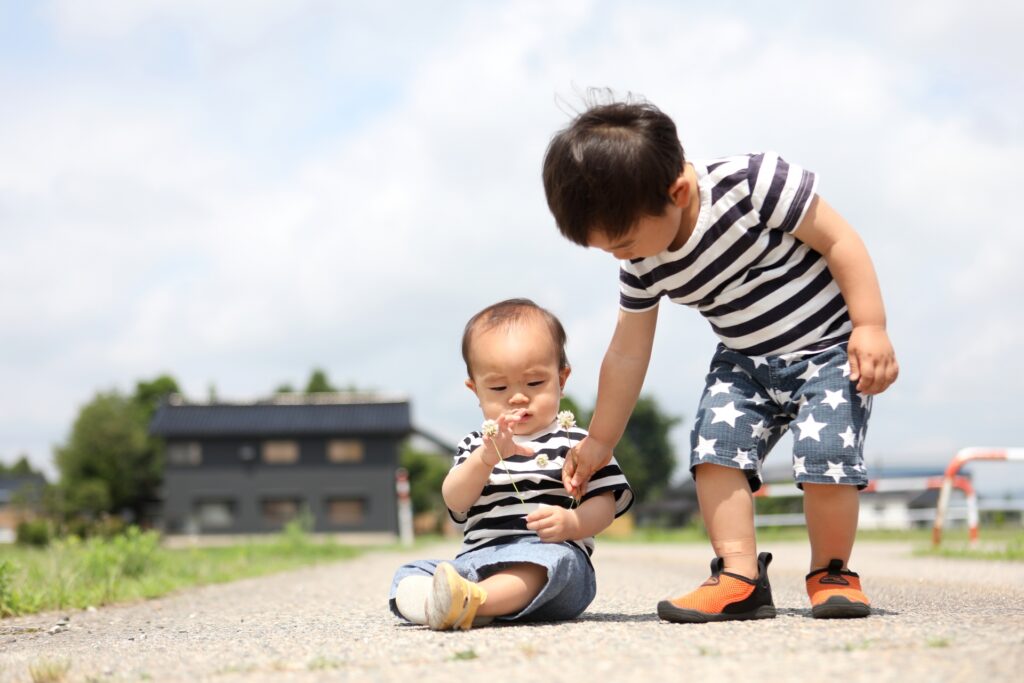
“Onii-chan” is the informal way of saying “older brother” in Japanese, used mostly by younger siblings to express closeness. It’s softer and more affectionate than other variations like “onii-san” (お兄さん), which is more formal, and “onii-sama” (お兄様), used to show great respect or admiration. Japanese honorifics, such as these, reflect the speaker’s relationship and level of formality toward the person they are addressing.
In familial contexts, “onii-chan” signifies warmth, comfort, and familiarity, often used within the immediate family. The informal nature of “onii-chan” makes it a preferred choice in casual or intimate conversations.
The use of “Onii-chan” in anime and popular media
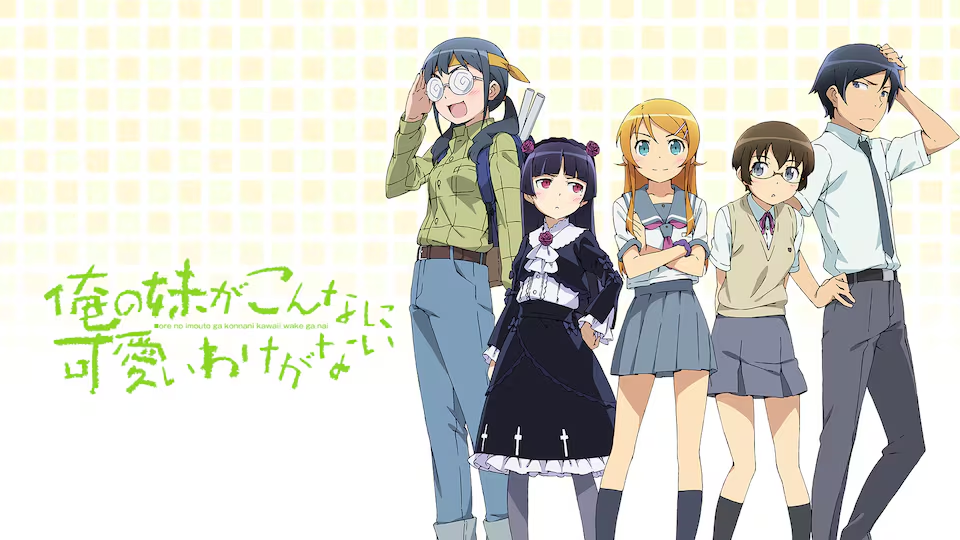
Anime has played a major role in popularizing “onii-chan” outside of Japan. In many series, younger siblings frequently call their older brothers “onii-chan,” often in cute or affectionate tones. This has created iconic moments in popular shows, further embedding the term into global anime culture.
For example, characters like Kirino from Ore no Imouto and Yui from Sword Art Online are known for their frequent use of “onii-chan” to express their sibling love. Whether it is part of a comedic interaction or a tender moment, the phrase resonates deeply with fans of the genre, contributing to its widespread use.
How “Onii-chan” became a meme
In addition to its cultural roots, “onii-chan” has become a significant part of meme culture. Anime enthusiasts and internet users alike have adopted it as a playful, sometimes ironic term. The exaggerated, sometimes dramatic delivery of “onii-chan” in anime, combined with its frequent usage in romantic or sibling-focused plots, has contributed to its memetic status.
It is often used humorously, in contexts far removed from its original familial meaning, similar to how phrases like “daddy” have evolved in English meme culture. Websites like Know Your Meme track its evolution, showing how “onii-chan” is now used in parodies, jokes, and fan content.
Reference: Internet Meme Database | Know Your Meme
Understanding the hierarchy of Japanese sibling terms
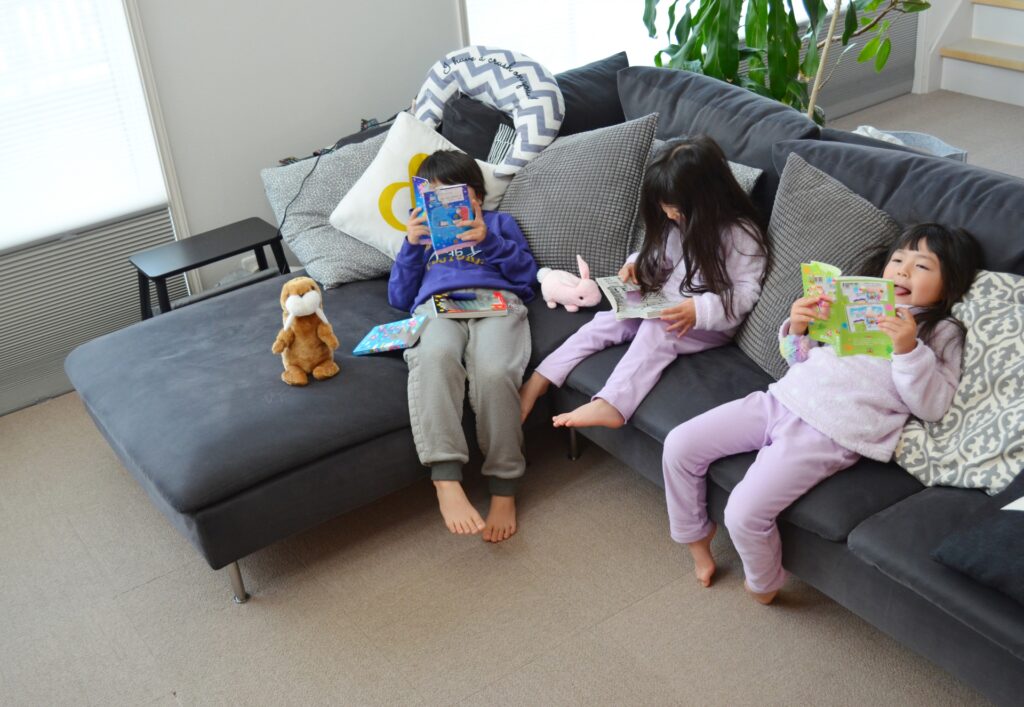
The Japanese language uses a specific hierarchy when referring to family members. Along with “onii-chan” for older brothers, there are other terms like “imouto” (younger sister) and “otouto” (younger brother). Each term varies in formality, and their use depends on the speaker’s relationship with the family member and the context of the conversation.
While “onii-chan” is casual and affectionate, “onii-san” is more neutral and respectful. “Onii-sama” conveys admiration, often used in anime to elevate a character’s status, typically in noble or high-society settings.
How to use “Onii-chan” correctly in conversation
Using “onii-chan” in conversation depends largely on the relationship and context. In Japan, this term is most commonly used by younger siblings when addressing their older brothers, but it can also be used by close family friends or people who have a brotherly bond.
For non-Japanese speakers, it’s important to recognize that using “onii-chan” in daily conversation may come across as overly intimate unless you’re familiar with Japanese familial structures or are joking within a group of anime fans.
The influence of anime on global slang
The global influence of anime has introduced a wave of Japanese terms into internet culture, and “onii-chan” is among the most prominent. Anime fans use it regularly on social media platforms, especially within fandom spaces like Reddit, Twitter, and TikTok. This reflects how anime has shaped global slang, where Japanese words are used in non-Japanese contexts, often to evoke specific emotions or humor.
For example, fans might caption a meme with “onii-chan” to mock a situation that feels overly sentimental or dramatic, making it a prime example of anime’s impact on cross-cultural language trends.

